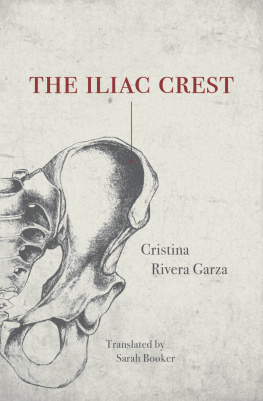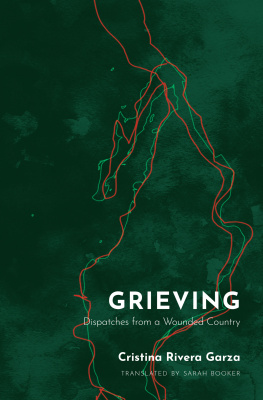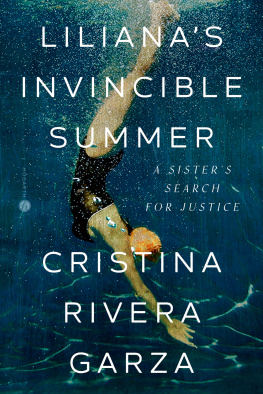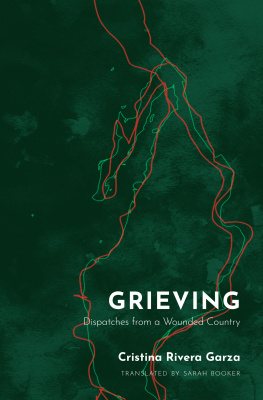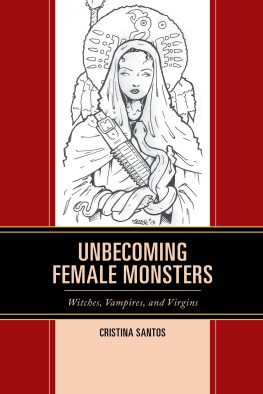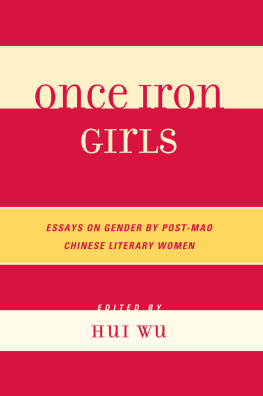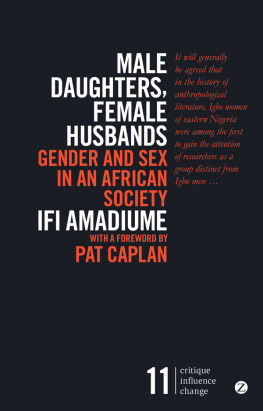Cristina Rivera Garza - The Iliac Crest
Here you can read online Cristina Rivera Garza - The Iliac Crest full text of the book (entire story) in english for free. Download pdf and epub, get meaning, cover and reviews about this ebook. year: 2017, publisher: The Feminist Press at CUNY, genre: Art / Science fiction. Description of the work, (preface) as well as reviews are available. Best literature library LitArk.com created for fans of good reading and offers a wide selection of genres:
Romance novel
Science fiction
Adventure
Detective
Science
History
Home and family
Prose
Art
Politics
Computer
Non-fiction
Religion
Business
Children
Humor
Choose a favorite category and find really read worthwhile books. Enjoy immersion in the world of imagination, feel the emotions of the characters or learn something new for yourself, make an fascinating discovery.
- Book:The Iliac Crest
- Author:
- Publisher:The Feminist Press at CUNY
- Genre:
- Year:2017
- Rating:4 / 5
- Favourites:Add to favourites
- Your mark:
- 80
- 1
- 2
- 3
- 4
- 5
The Iliac Crest: summary, description and annotation
We offer to read an annotation, description, summary or preface (depends on what the author of the book "The Iliac Crest" wrote himself). If you haven't found the necessary information about the book — write in the comments, we will try to find it.
The Iliac Crest — read online for free the complete book (whole text) full work
Below is the text of the book, divided by pages. System saving the place of the last page read, allows you to conveniently read the book "The Iliac Crest" online for free, without having to search again every time where you left off. Put a bookmark, and you can go to the page where you finished reading at any time.
Font size:
Interval:
Bookmark:
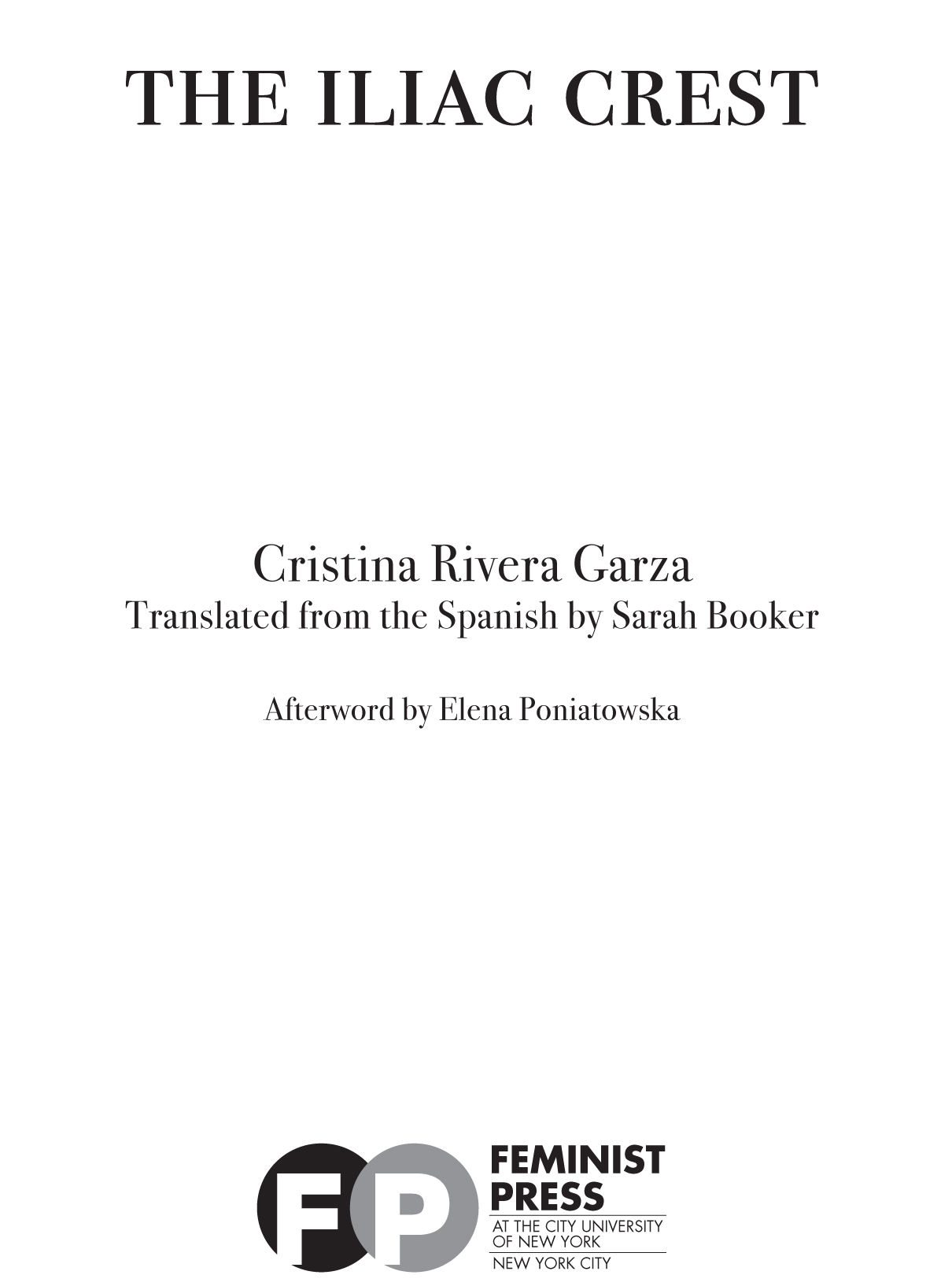
Published in 2017 by the Feminist Press
at the City University of New York
The Graduate Center
365 Fifth Avenue, Suite 5406
New York, NY 10016
feministpress.org
First Feminist Press edition 2017
Copyright 2002 by Cristina Rivera Garza
Translation copyright 2017 by Sarah Booker
Afterword copyright 2017 by Elena Poniatowska
First published in Spanish as La cresta de Ilin in 2002 by Tusquets Editores.
All rights reserved.

This book was made possible thanks to a grant from New York State Council on the Arts with the support of Governor Andrew Cuomo and the New York State Legislature.
No part of this book may be reproduced, used, or stored in any information retrieval system or transmitted in any form or by any means, electronic, mechanical, photocopying, recording, or otherwise, without prior written permission from the Feminist Press at the City University of New York, except in the case of brief quotations embodied in critical articles and reviews.
First printing October 2017
Cover and text design by Suki Boynton
Library of Congress Cataloging-in-Publication Data
Names: Rivera Garza, Cristina, 1964- author. | Booker, Sarah, translator. | Poniatowska, Elena, writer of afterword.
Title: The Iliac Crest / by Cristina Rivera Garza; translated from the Spanish by Sarah Booker; afterword by Elena Poniatowska.
Other titles: Cresta de Ilin. English
Description: First Feminist Press edition. | New York, NY: The Feminist Press at City University of New York, 2017.
Identifiers: LCCN 2017015426 (print) | LCCN 2017027002 (ebook) | ISBN 9781936932061 (E-book)
Subjects: LCSH: Identity (Psychology)--Fiction. | Psychological fiction. | BISAC: FICTION / Romance / Gothic. | FICTION / Contemporary Women. | FICTION / Literary.
Classification: LCC PQ7298.28.I8982 (ebook) | LCC PQ7298.28.I8982 C7413 2017 (print) | DDC 863/.64--dc23
LC record available at https://lccn.loc.gov/2017015426
For lrg
The textual intention presupposes readers who know the language conspiracy in operation. The mark is not in-itself but in-relation-to-other-marks. The mark seeks the seeker of the system behind the events. The mark inscribes the i which is the her in the it which meaning moves through.
STEVE McCAFFERY, Panopticon
I have lived between Mexico and the United States for most of my life, countries characterized by rigid gender hierarchies and femicides along post-NAFTA borders. Perhaps thats one of the reasons why I took to writing a novel delving into the fluid nature of gender dis/identifications. I chose writings by Amparo Dvila, a marginalized Mexican woman writer of the so-called Midcentury Generation, to be the center of the novels enigma, set in a time in which disappearance has become a plague.
Borders are a subtle but pervasive force in this book. I was born on the eastern tip of the US-Mexico border and lived between San Diego (California) and Tijuana (Baja California) when I wrote The Iliac Crest. There are questions you cannot escape when approaching immigration: Who are you? Where do you come from? Anything to declare? Awareness of geopolitical borders soon leads to questions about the many lines we crossor dont, or arent allowed toas we go about our daily lives. Our bodies are keys that open only certain doors. Our bodies speak indeed, and our bones are our ultimate testimony. Will we be betrayed by our bones?
While womens voices throughout the world continue to be silenced and those in power still argue for the irrelevance of gender equality, characters in this book understand that genderand what is done in the name of gendercan be lethal. When disappearing becomes an epidemic, especially among women, this book reminds readers that there is always a trace left: a manuscript, a footprint, a dent, an echo worthy of our full attention and our inquiries. When women disappear from our factories and our historyfrom our liveswe have to reexamine what is normal. Reality may have become inexplicable or impenetrable, and therefore maddening, but questioning such circumstances lies at the core of this novel.
CRISTINA RIVERA GARZA
Houston, Texas, 2017
CONTENTS
Initial invitation:
But what are those books doing in the pool? I asked, surprised. Wont they get wet?
Nothing will happen to them. Water is their element and theyll stay there for a long time, until someone comes along who deserves them, or who dares to rescue them.
Why dont you fish one out for me?
Why dont you go get it yourself? he said, looking at me with a mocking gaze I found impossible to bear.
Why not? I answered, and I dove into the pool.
AMPARO DVILA
NOW, AFTER SO MUCH TIME HAS PASSED, I AM STILL DWELLING on it, incredulous. How is it possible that someone like me allowed an unknown woman into my house on a stormy night?
I hesitated before opening the door. For a long time, I debated between closing the book I was reading or staying seated in my chair, in front of the roaring fire, as if nothing had happened. In the end, her insistence won me over. I opened the door. I looked at her. And I let her in.
The climate, certainly, had worsened quite quickly in those days. All of a sudden, without warning, autumn moved across the coast as if it were at home here. The elongated and meager lights were there in the morning, as were the temperate winds, and the overcast skies in the evening. And then winter arrived. And the rains. You get used to everything, its true, but the winter raingray, interminable, dullis a tough pill to swallow. Its the type of thing that inevitably forces you to hunker down in the house, in front of the fireplace, suffering from boredom. Perhaps thats why I opened the door and let her in: boredom.
But I would be deceiving myself, and I would be deceiving you, surely, if I only mentioned the tiring prolonged storm that accompanied her appearance. I remember, above all, her eyes. Stars suspended in a devastating catlike face. Her eyes were enormous, so vast that they caused the world to expand around them, as if they were mirrors. I was soon able to confirm that initial impression: rooms grew under her gaze, hallways stretched out, closets became infinite horizons, the narrow entry hall, oddly reluctant at first, completely opened up. And that was, I would like to believe, the second reason I let her in: the expansive power of her gaze.
If I stopped here, I would still be lying. In reality, amid the winter storm, surrounded by the open space her eyes had created, what really captured my attention was her right hip bone, which, because of the way she was leaning against the doorframe and the weight of the water over her skirts faded flowers, could be glimpsed just below the unfinished hem of her T-shirt and just above the elastic of her waistband. It took me a long time to remember the specific name for that bone, but, without a doubt, the search began at that moment. I wanted her. Men, I am sure, will understand me without needing any further explanation. To women, I will tell you that this happens frequently and with no fixed pattern. I will also warn you that this cannot be produced artificially: we, just as much as you, are disarmed when it occurs. I would venture to argue, in fact, that it can only happen if both of us are disarmed, but, as with many other things, I could be wrong. I wanted her, I was saying. Immediately. There was the characteristic throb in my lower belly, in case I had dared doubt it. And there was, above all else, my imagination. I imagined her eating blackberriesher lips full and her fingertips stained crimson. I imagined her slowly walking up the stairs, turning her head just enough to see her own elongated shadow. I imagined her watching the sea through the picture windows, absorbed and solitary like a mast. I imagined her leaning back on her elbows on the right side of my bed. I imagined her words, her silences, her way of pursing her lips, her smiles, her laughter. When I remembered that she was right in front of me, whole and wet, shaking in the cold, I already knew everything about her. And I suppose this was the third reason I opened the door and, without completely letting go of the doorknob, invited her in.
Next pageFont size:
Interval:
Bookmark:
Similar books «The Iliac Crest»
Look at similar books to The Iliac Crest. We have selected literature similar in name and meaning in the hope of providing readers with more options to find new, interesting, not yet read works.
Discussion, reviews of the book The Iliac Crest and just readers' own opinions. Leave your comments, write what you think about the work, its meaning or the main characters. Specify what exactly you liked and what you didn't like, and why you think so.

